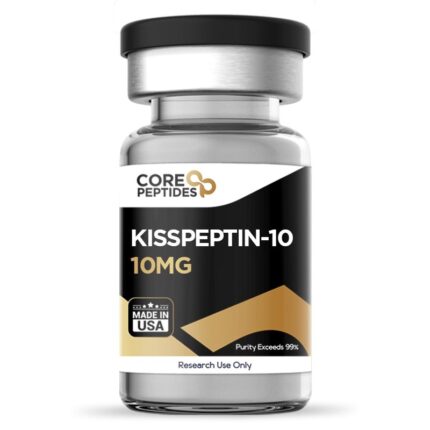
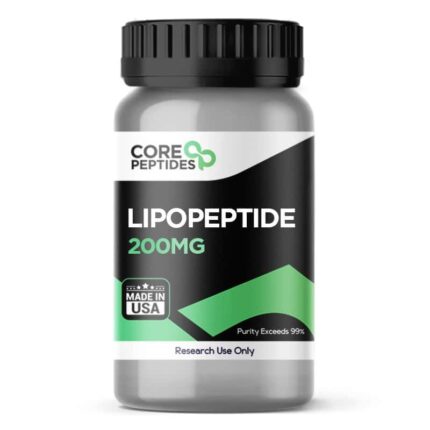
KPV (4mg)
$50.00 Original price was: $50.00.$38.00Current price is: $38.00.
<div class=”et_pb_module et_pb_wc_description et_pb_wc_description_0_tb_body et_pb_bg_layout_light et_pb_text_align_left”>
Size: 4mg
Contents: KPV (4mg)
Form: Lyophilized powder
Purity: >99%
SKU: P-KPV-4
FREE Shipping on $200+ orders
ass=”wccs-bulk-pricing-table-container” data-product=”4181″>
| Quantity | Discount | Price |
|---|---|---|
| 5 – 8 | $36.10 | |
| ax=””>9 +</td> | 10% | -quantity-min=”9″ data-quantity-max=””>$34.20 |
KPV Peptide
KPV Peptide is a small tripeptide composed of lysine, proline, and valine, derived from α-melanocyte-stimulating hormone (α-MSH). Consequently, it exhibits strong anti-inflammatory and immunomodulatory properties. Research has shown that KPV Peptide reduces cytokine activity and protects cells from excessive inflammatory responses.
Moreover, its small size allows efficient penetration into tissues, enhancing cellular effects. Because it mimics natural hormone fragments, it performs physiological functions without triggering melanogenesis. Therefore, KPV Peptide is being investigated for various therapeutic applications, including skin, gastrointestinal, and autoimmune disorders.
In addition, ongoing studies highlight its potential in tissue repair and regenerative medicine. By controlling inflammation and supporting cellular resilience, KPV Peptide provides a promising tool for both experimental research and future clinical applications.
KPV Peptide Application and Use with Dose Included
KPV Peptide is primarily applied in research on inflammation, immune regulation, and tissue repair. For instance, it has been studied in colitis models, dermatitis, and other autoimmune conditions. Consequently, researchers observe its effects on cytokine suppression and cellular protection.
In experimental studies, KPV Peptide is administered via subcutaneous or intravenous injection. Typical doses range between 0.5–5 mg/kg, depending on study objectives and severity of inflammation. Moreover, timing and frequency of administration are critical to maximize outcomes and minimize receptor desensitization.
Additionally, topical formulations are being explored for skin-related applications. These methods aim to deliver targeted anti-inflammatory benefits while reducing systemic exposure. Therefore, researchers focus on optimizing dose, frequency, and delivery for maximum therapeutic effects.
KPV Peptide Advantages
The advantages of this Peptide include potent anti-inflammatory and immune-modulating effects. Consequently, it can reduce tissue damage caused by excessive cytokine activity. This effect is particularly useful in gastrointestinal and skin-related research.
Another advantage is its minimal side-effect profile. Unlike traditional anti-inflammatory drugs, KPV Peptide does not significantly alter systemic hormones. Therefore, it provides a safer alternative for experimental and therapeutic purposes.
Furthermore, KPV Peptide supports tissue repair and regeneration. By controlling inflammation, it accelerates healing processes and improves cellular resilience. Additionally, it has shown promise in chronic inflammatory conditions. Therefore, its versatility makes it an attractive candidate for further study.
KPV Peptide Conclusion
In conclusion, this Peptide is a highly effective tripeptide with anti-inflammatory, immune-modulating, and regenerative properties. Consequently, it has broad applications in experimental research and potential clinical therapies.
Typical experimental doses range from 0.5–5 mg/kg, administered subcutaneously, intravenously, or topically for localized effects. Therefore, careful administration and monitoring are essential to optimize results.
Overall, KPV Peptide offers targeted anti-inflammatory benefits, minimal side effects, and regenerative potential. By supporting cellular protection and tissue repair, it stands out as a promising peptide for ongoing research and therapeutic development.
References:
- Khavinson, V. K.h, Tarnovskaia, S. I., Lin’kova, N. S., Guton, E. O., & Elashkina, E. V. (2014). Advances in gerontology = Uspekhi gerontologii, 27(1), 108–114.
- Kozlov KL, Bolotov II, Linkova NS, Drobintseva AO, Khavinson VK, Dyakonov MM, Kozina LS. [Molecular aspects of vasoprotective peptide KED activity during atherosclerosis and restenosis]. Adv Gerontol. 2016;29(4):646-650. Russian. PMID: 28539025.
- Khavinson V, Ilina A, Kraskovskaya N, Linkova N, Kolchina N, Mironova E, Erofeev A, Petukhov M. Neuroprotective Effects of Tripeptides-Epigenetic Regulators in Mouse Model of Alzheimer’s Disease. Pharmaceuticals (Basel). 2021 May 27;14(6):515. doi: 10.3390/ph14060515. PMID: 34071923; PMCID: PMC8227791.
- Khavinson VK, Lin’kova NS, Umnov RS. Peptide KED: Molecular-Genetic Aspects of Neurogenesis Regulation in Alzheimer’s Disease. Bull Exp Biol Med. 2021 May;171(2):190-193. doi: 10.1007/s10517-021-05192-6. Epub 2021 Jun 26. PMID: 34173097.
- Khavinson VKh, Linkova NS, Polyakova VO, Kheifets OV, Tarnovskaya SI, Kvetnoy IM. Peptides tissue-specifically stimulate cell differentiation during their aging. Bull Exp Biol Med. 2012 May;153(1):148-51. doi: 10.1007/s10517-012-1664-1. PMID: 22808515.
- Meshchaninov VN, Tkachenko EL, Zharkov SV, Gavrilov IV, Katyreva IuE. [EFFECT OF SYNTHETIC PEPTIDES ON AGING OF PATIENTS WITH CHRONIC POLYMORBIDITY AND ORGANIC BRAIN SYNDROME OF THE CENTRAL NERVOUS SYSTEM IN REMISSION]. Adv Gerontol. 2015;28(1):62-7. Russian. PMID: 26390612.


MAECENAS IACULIS
Vestibulum curae torquent diam diam commodo parturient penatibus nunc dui adipiscing convallis bulum parturient suspendisse parturient a.Parturient in parturient scelerisque nibh lectus quam a natoque adipiscing a vestibulum hendrerit et pharetra fames nunc natoque dui.
ADIPISCING CONVALLIS BULUM
- Vestibulum penatibus nunc dui adipiscing convallis bulum parturient suspendisse.
- Abitur parturient praesent lectus quam a natoque adipiscing a vestibulum hendre.
- Diam parturient dictumst parturient scelerisque nibh lectus.
Scelerisque adipiscing bibendum sem vestibulum et in a a a purus lectus faucibus lobortis tincidunt purus lectus nisl class eros.Condimentum a et ullamcorper dictumst mus et tristique elementum nam inceptos hac parturient scelerisque vestibulum amet elit ut volutpat.
Related products
AHK-Cu (200mg)
AOD 9604 (5mg)
ARA-290 (16mg)
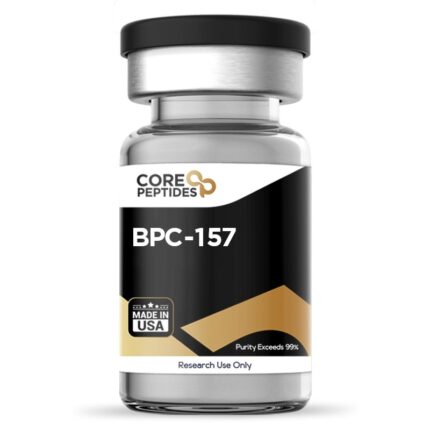


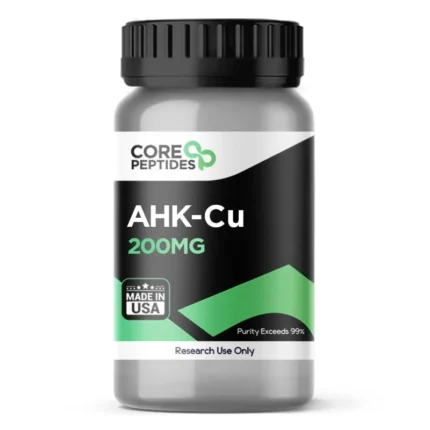
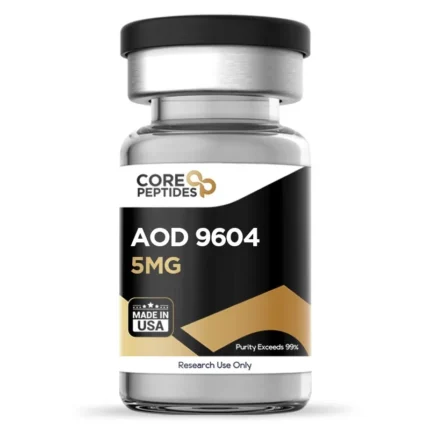
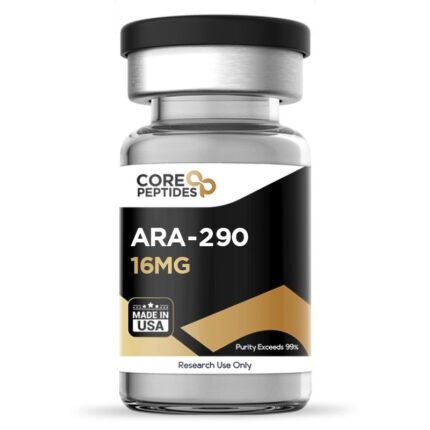
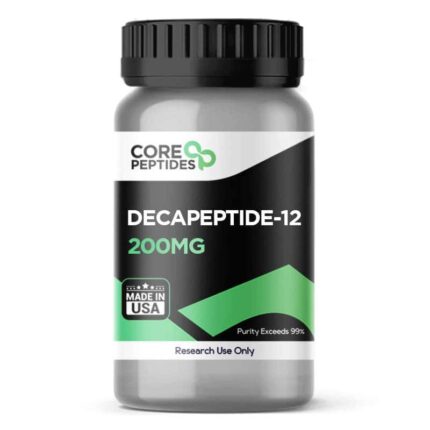
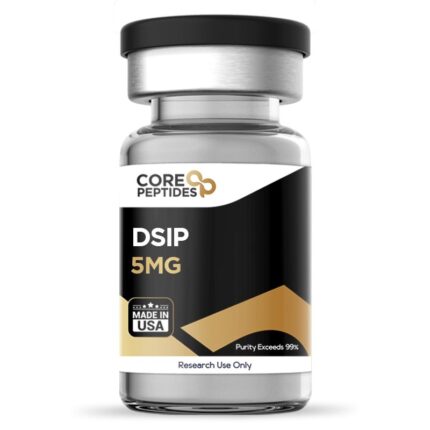
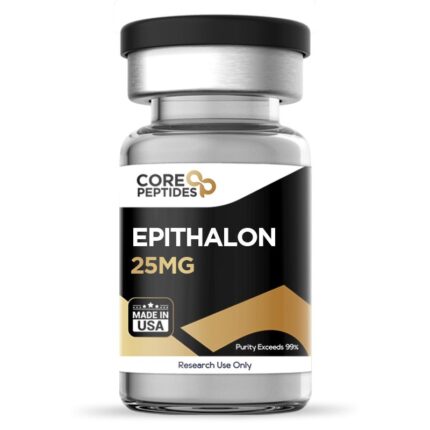
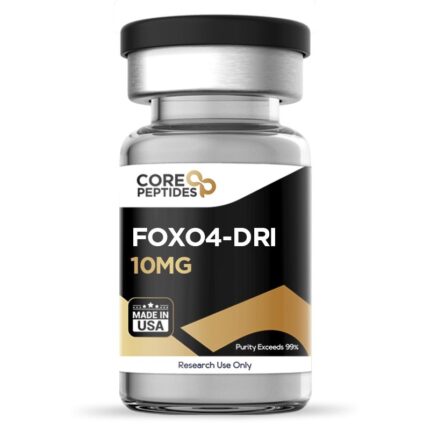
Reviews
There are no reviews yet.